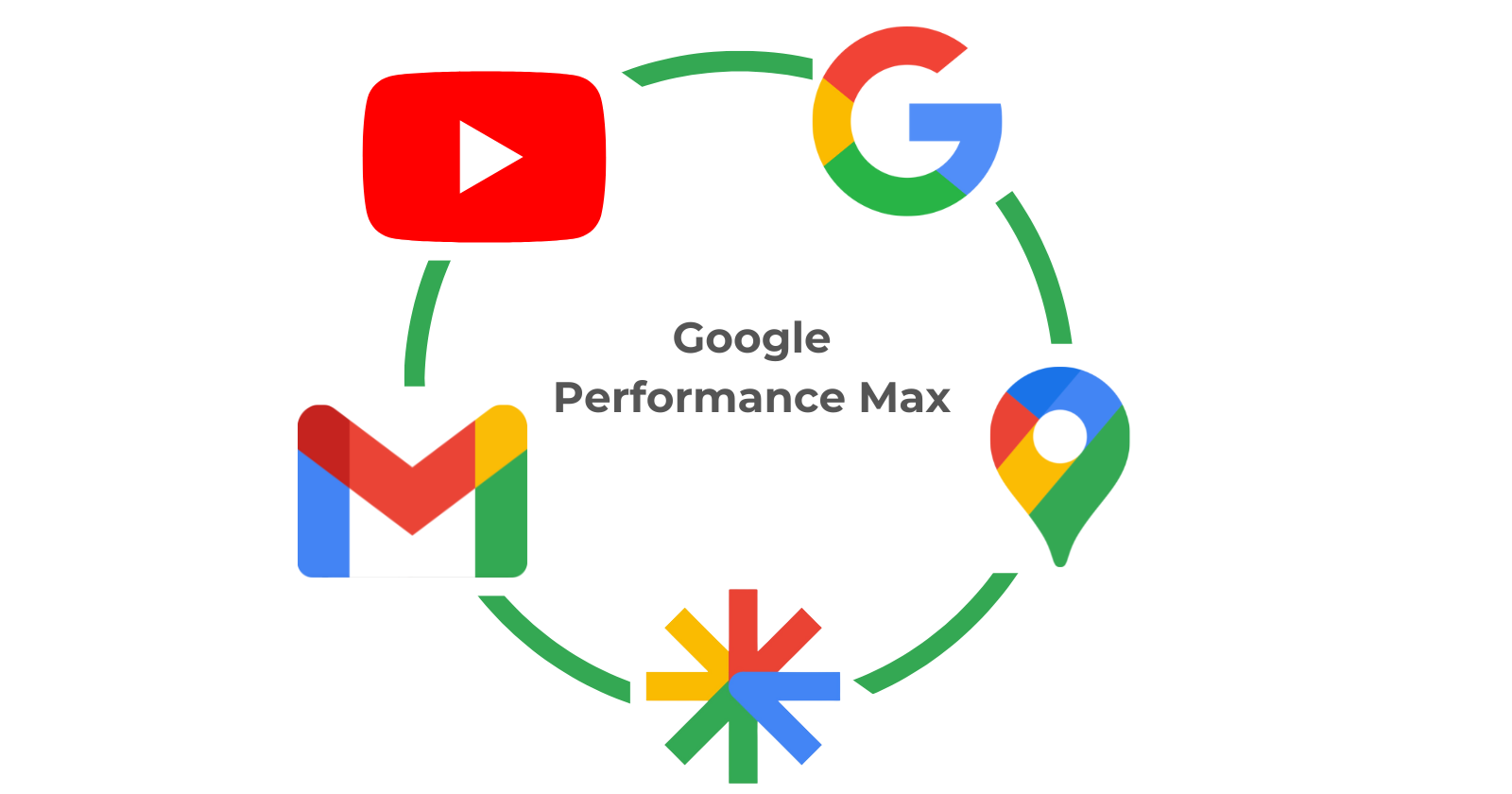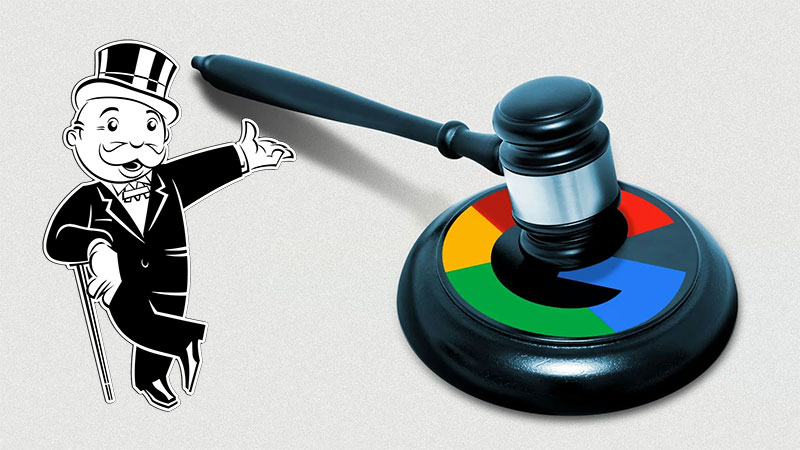News outlets last week seized on BP’s use of Google’s Adwords marketing tools in its response to the catastrophic oil spill in the Gulf of Mexico that resulted in the Deepwater Horizon oil rig explosion on April 20, 2010. The explosion killed 11 personnel on the rig and countless innocent wildlife due to the million of gallons of oil that has leaked into the ocean and reached American shores. The media coverage has been overwhelming, with a combination of good and bad reports coupled with news opinion from the paid pundits at the various cable news channels.
Now BP has been put on the defensive about it’s Google and Yahoo search campaign.
From the Huffington Post and HubSpot in the blogosphere to the mainstream news organizations New Orleans Times-Picayune and USA Today. Even Jon Stewart got in his two cents worth:
| www.thedailyshow.com |
While BP had used TV and Radio broadcast ads, newspaper print ads, social media and specially constructed microsite prior to their Google campaign efforts, the media didn’t bite on BP’s public relations efforts until they started doing Paid Search Ads. The media questioned whether BP was simply attempting to push down news stories so that they would get less clicks and reads.
Let me fill in the TV pundits…don’t quit your day jobs.
BP’s paid search media campaign is not unethical at all and their ads are having no impact on people reading the “real” news about the oil spill. In fact, I would venture the guess that their ads have probably increased the volume of news actually being read, not just at their website but also at other websites. We in the industry understand that organic search still gets the lion share of clicks and when you combine ads with organic, the click rates jump for both.
What the BP public relations team has done is create a case study for all of us to follow on how to determine to initiate a reputation management search campaign.
The first part of this case study is to detail the amount of impact the web may have on your reputation. Needless to say for BP, it is huge. Using Google Trends, we can quickly determine the type of search volume we are talking about.
As we can determine from the chart, the search term “oil spill” is receiving 9x more search requests than the term “dvds”. From Google’s Traffic Estimator tool, we can determine that “dvds” generates 13.6 million searches each month. Forecasted out, this means “oil spill” is generating about 122 million searches per month. Tally up some of the other terms being searched upon and we are looking at 300 million to 500 million searches per month rate that BP is facing. It is monstrous to say the least and for BP, a very costly campaign.
The second part of the case study is the type of information that is available to internet user. Given the sensitivity of conversations around the environment and global warming, you have opponents and proponents casting their viewpoints. Some of the viewpoints are balanced, others are extreme and have a way of shaping facts that suit their argument. Those with extreme viewpoints are seizing the moment and are aggressively responding with BP as the bait on the hook.
Some opponents to BP have even gone to the extent of attacking through parody while using BP’s trademarks as part of the parody. One of the highlights of the social media blitz has been the Twitter handle BPGlobalPR, which has capitalized on what many feel has been the insincere response to the oil spill by BP executives. Now, personally I find this to be the funniest Twitter handle since ShitMyDadSays, but the consequences for BP are real. The veracity of the responses on the web and the loose level of truth make it imperative for BP to get in front of this situation
Regardless of how you feel about ethics behind BP’s use of paid search advertising, given the situation in front of them, give them kudos for being nimble and smart on how to use the web. In our society, getting multiple points of view on the subject is important, even if comes from a company that may profit from it. BP’s PR team utilized the search medium for what it was intended and calling it unethical shows a misunderstand of the importance of the web. They have provided a great lesson for online marketers to follow.






